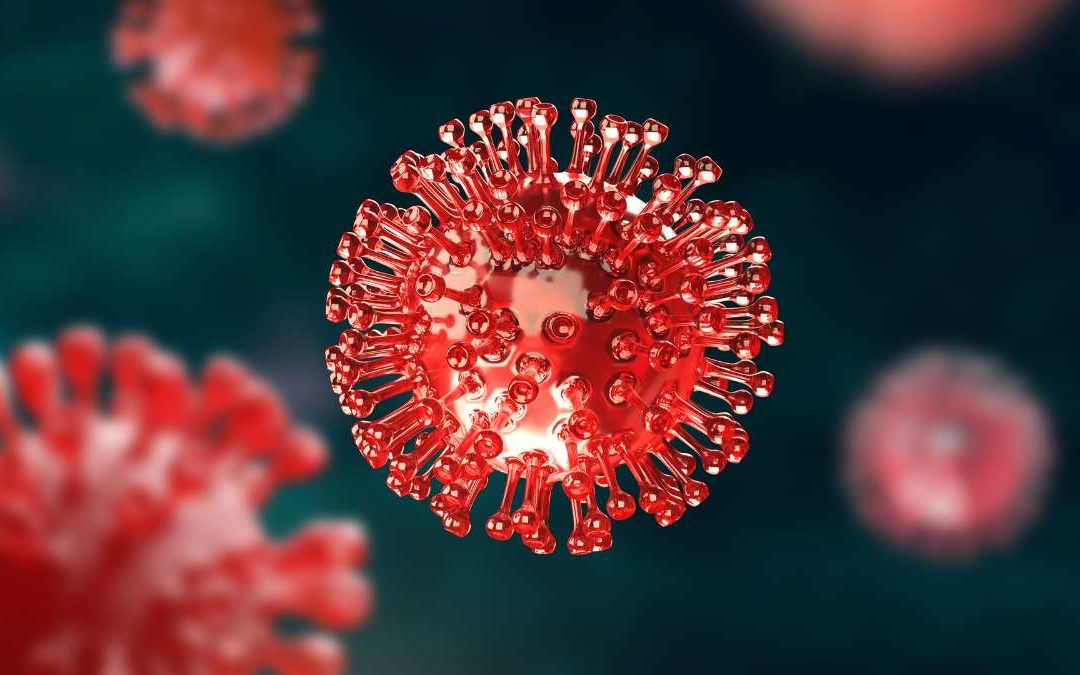Rheumatoid arthritis (RA) is a chronic autoimmune disorder that primarily affects the joints. In RA, the immune system mistakenly attacks the body’s own tissues, particularly the synovium (the lining of the membranes that surround the joints), leading to inflammation, pain, swelling, and eventually joint damage. Here’s an overview of its causes and some preventive measures:

Causes:
- Autoimmune Dysfunction: The exact cause of RA is unknown, but it is believed to result from a combination of genetic and environmental factors. In autoimmune diseases like RA, the immune system mistakenly attacks healthy tissues, including the joints.
- Genetic Predisposition: Genetics plays a role in RA susceptibility. Certain genetic markers, such as specific human leukocyte antigen (HLA) genes, are associated with an increased risk of developing the condition.
- Environmental Triggers: Environmental factors, such as infections or exposure to certain substances, may trigger the onset of RA in genetically predisposed individuals. Smoking, for example, is a known environmental risk factor for RA.
Prevention:
While there is no surefire way to prevent RA, some lifestyle modifications and strategies may help reduce the risk or delay its onset:
- Maintain a Healthy Weight: Obesity or being overweight can increase the risk of developing RA and worsen its symptoms. Aim for a healthy weight through a balanced diet and regular exercise.
- Don’t Smoke: Smoking is not only a risk factor for developing RA but also associated with more severe disease outcomes. If you smoke, quitting can significantly reduce your risk and improve overall health.
- Limit Alcohol Consumption: Excessive alcohol intake may increase the risk of developing RA and exacerbate symptoms in those who already have the condition. Moderation is key.
- Stay Active: Regular physical activity can help strengthen muscles, maintain joint flexibility, and improve overall well-being. Choose low-impact exercises like swimming, walking, or cycling to reduce joint strain.
- Eat a Balanced Diet: Focus on a diet rich in fruits, vegetables, whole grains, lean proteins, and healthy fats. Omega-3 fatty acids found in fish may have anti-inflammatory properties beneficial for RA.
- Manage Stress: Chronic stress can exacerbate inflammation and worsen RA symptoms. Practice stress-reduction techniques such as mindfulness, meditation, yoga, or deep breathing exercises.
- Regular Health Check-ups: Early detection and treatment of RA can help prevent joint damage and improve long-term outcomes. If you experience persistent joint pain, swelling, or stiffness, consult a healthcare professional for evaluation and appropriate management.
While these preventive measures may help reduce the risk or severity of RA, it’s essential to consult a healthcare provider for personalized advice and monitoring, especially if you have a family history of the condition or experience concerning symptoms.



